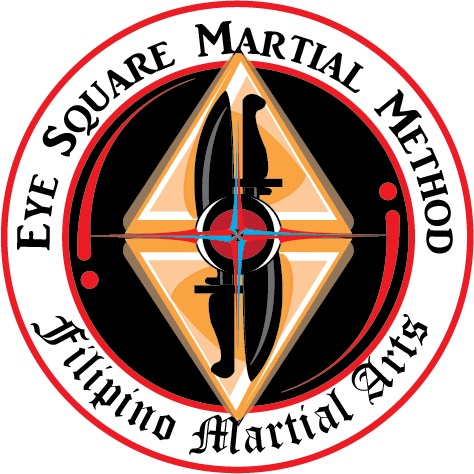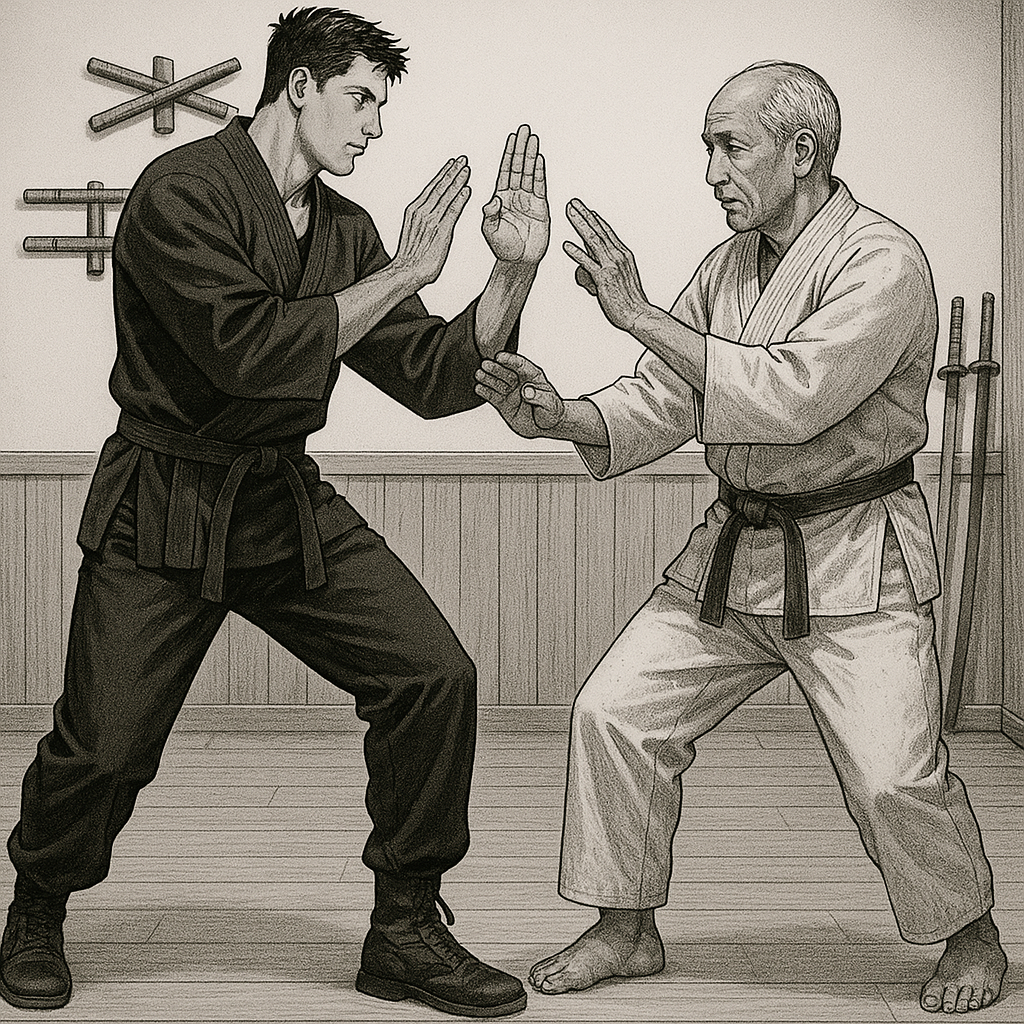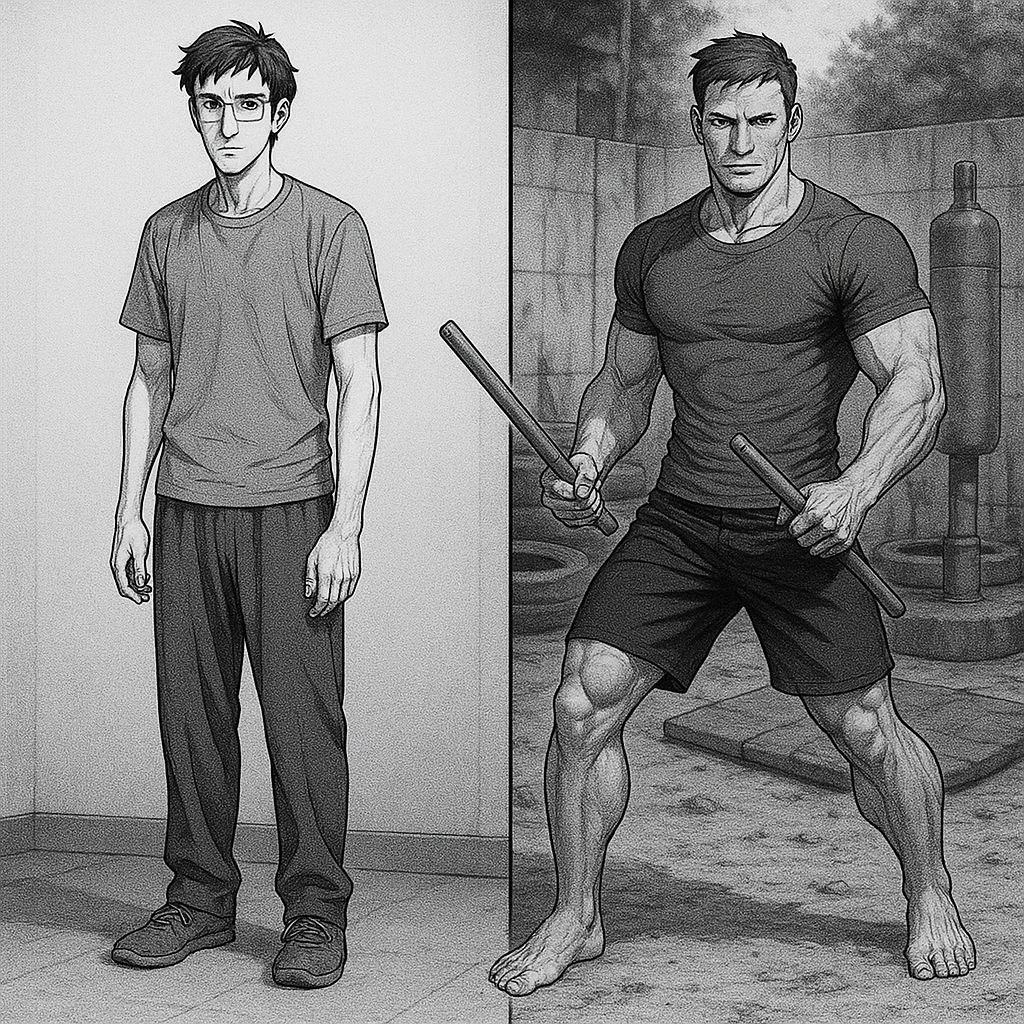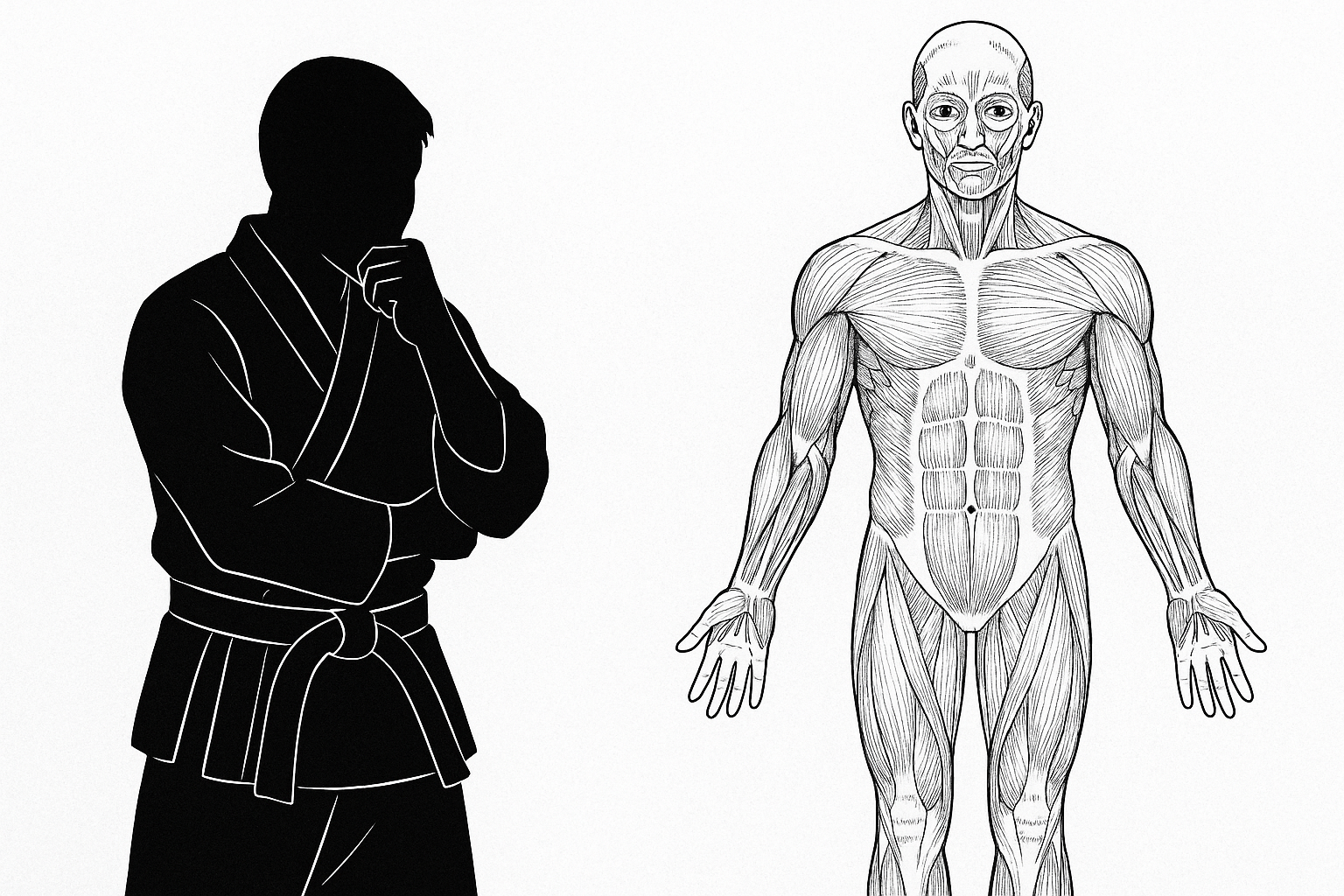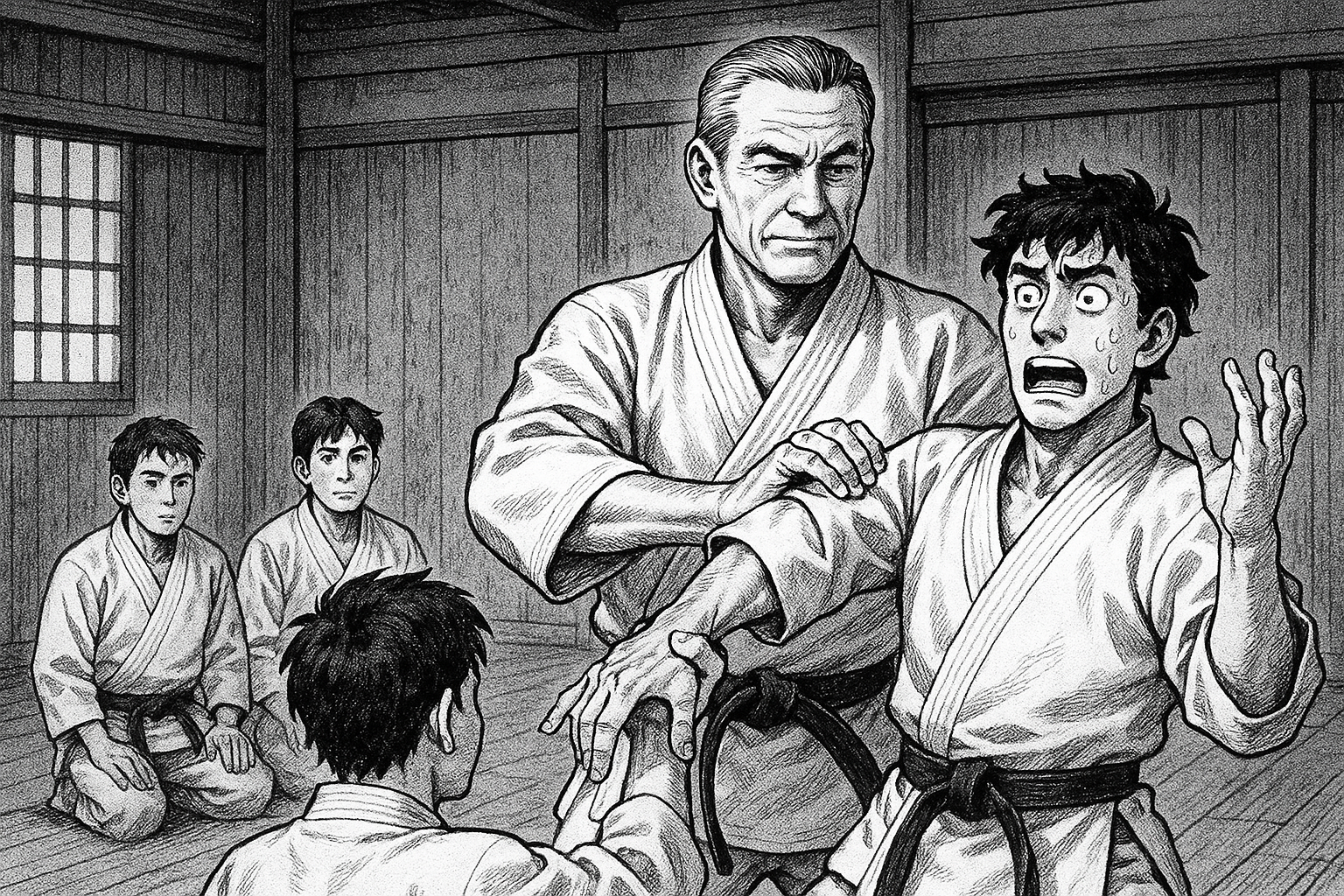I looked at the situation I’m in currently and realized something:
I’ve been fortunate enough to have some of the best martial artists in the world pull me aside and say:
“Hey, let me show you something.”
And I’ve often wondered—why me?
I’m nothing special.
Then it hit me:
It’s because I try. I show up. I engage.
👊 Why Teachers Really Invest
My Kenpo grandmaster drives an hour and a half—just to train us. He only asks for gas money.
Why?
Because, as he’s told me, my fellow students and I are eager to learn. We give him our attention and our respect. We take the art seriously, and that matters.
I make it a point to try. I practice what I’m shown. I ask questions. I help others.
And that effort resonates with teachers who care.
💰 Beyond Paying for an Experience
So why don’t more people get this kind of treatment?
A big part of it:
You have to put in work before someone high-level can show you something advanced.
(For more context, see: There Are No Secrets)
Another piece:
You have to go beyond the idea that paying tuition entitles you to instruction.
A true relationship between teacher and student can’t be bought—it’s built.
I’m not saying teachers shouldn’t be paid—far from it.
Great instructors often put in more work and study than it takes to become a doctor. If they can help you grow, they deserve compensation.
But the best teachers? They want to teach.
They light up when a student is engaged and clearly chasing more than a belt.
Unfortunately, most students are just paying for an experience.
They want to say they train—without ever earning the knowledge.
🔄 A Relationship of Give and Take
There’s a complementary dynamic between teacher and student:
- Without students, teachers have no one to teach.
- Without teachers, students can’t learn—not really.
Both roles demand respect.
Both require effort, patience, and communication.
🎯 What Makes a Good Student?
A good student…
- Meets their obligations—time and tuition
- Communicates with their teacher
- Practices outside of class
- Asks questions
- Engages with the material, and shares it with others
Because even the best teacher in the world…
Can’t make a student good. Only the student can do that.
🧠 Final Thought
Show up. Try. Care.
That’s what teachers are looking for.
And when they find it—they give you everything they’ve got.
